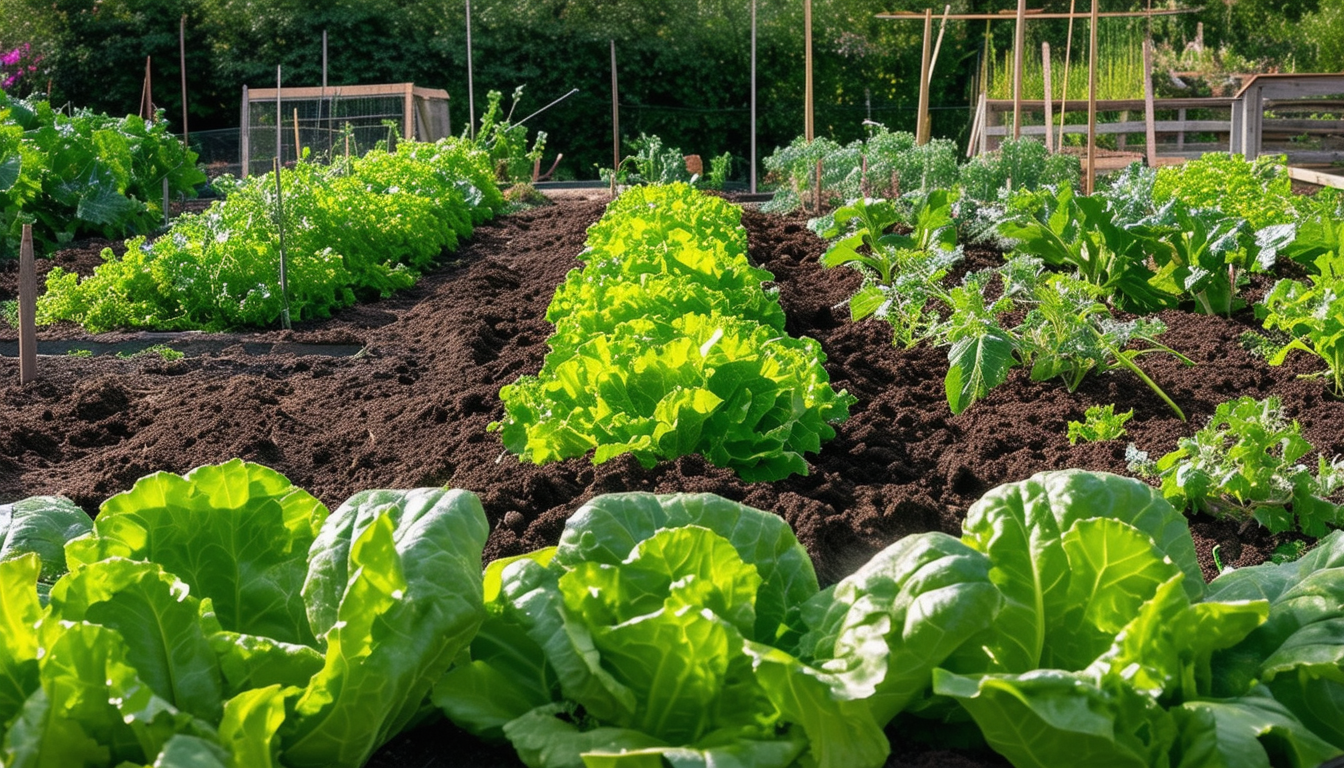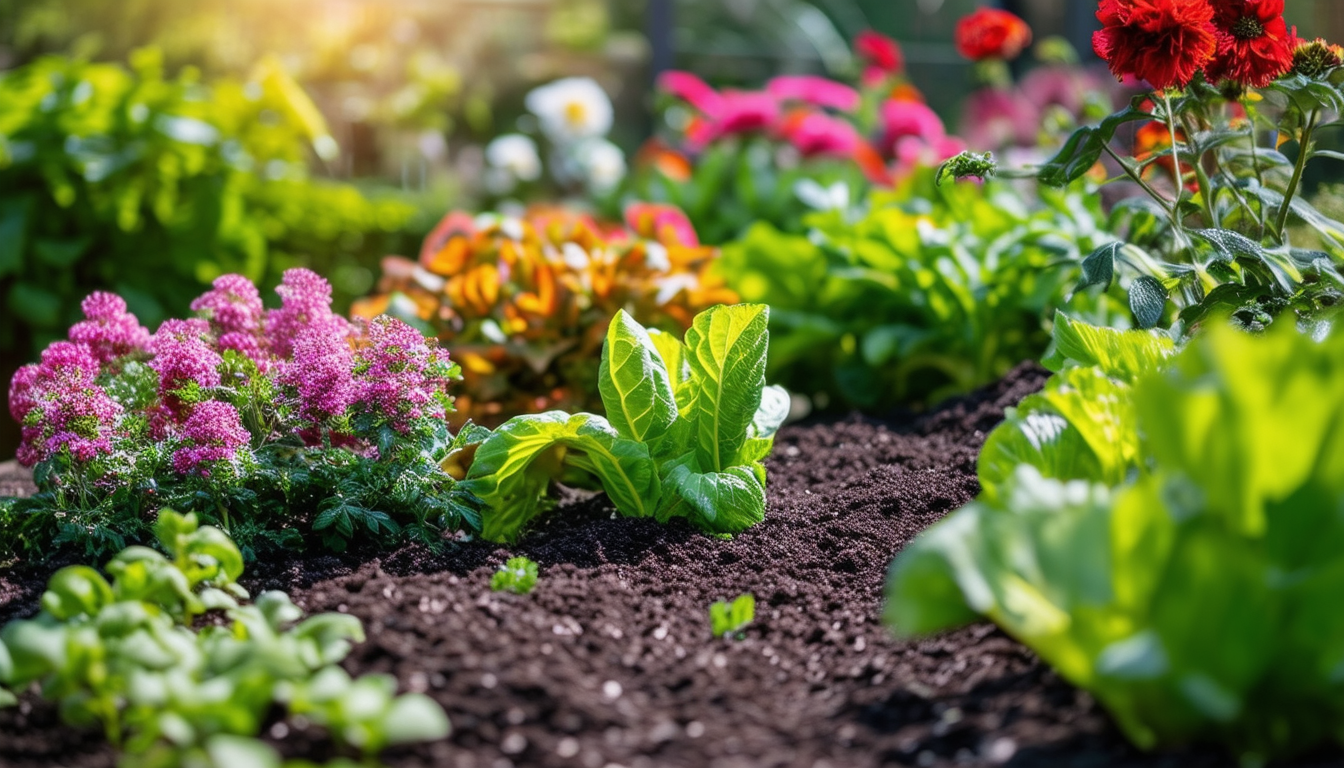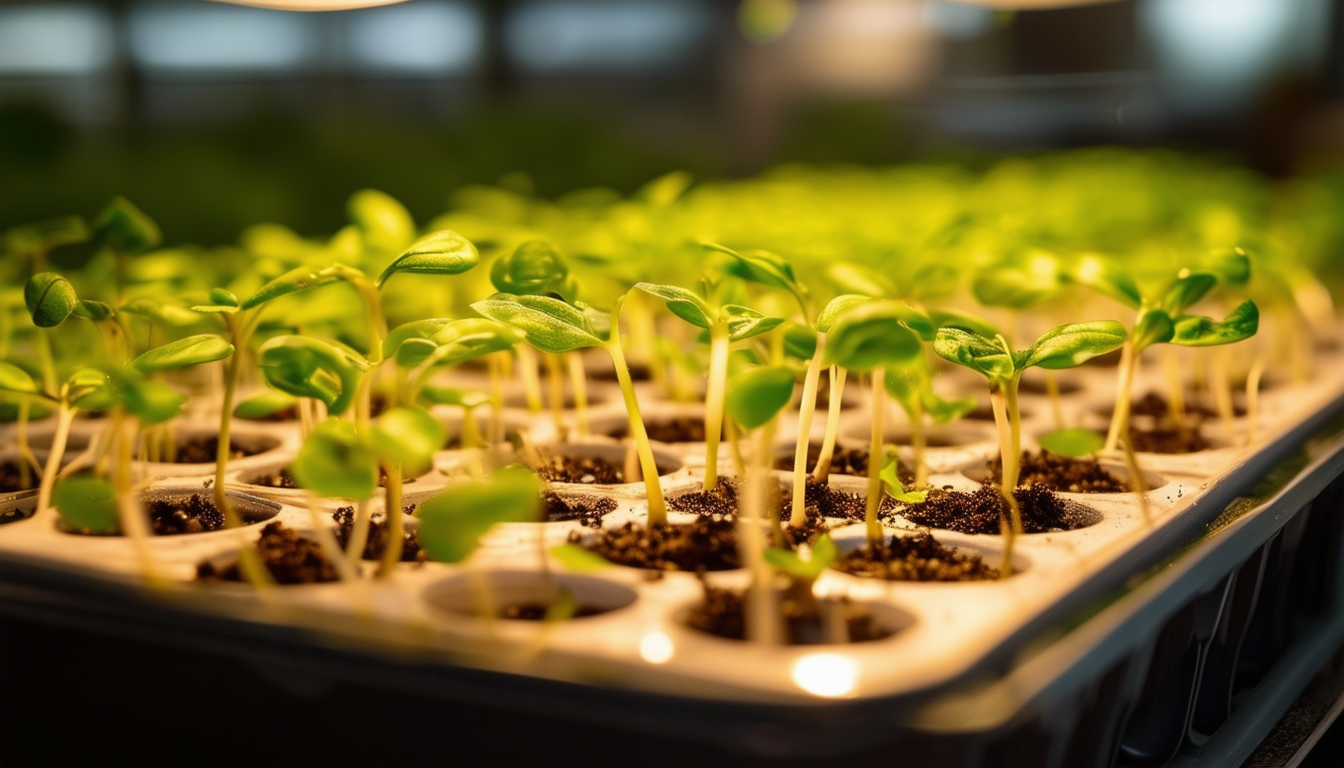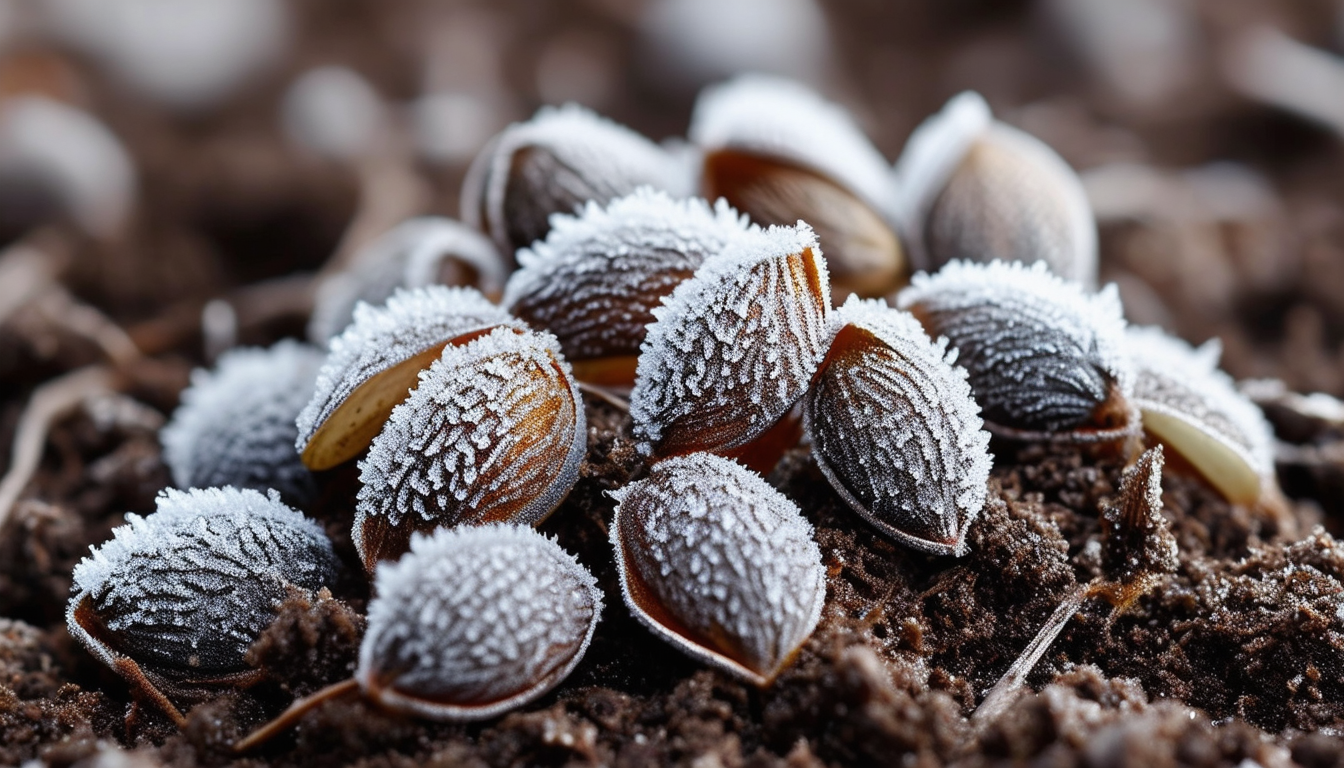
Unlock the secret to thriving plants with enhanced soil nutrition.
The Importance of Soil Nutrition for Plant Health
Soil nutrition is fundamental to the health and growth of plants. Just like humans need a balanced diet to thrive, plants require a mix of essential nutrients to grow strong and produce abundant yields. The quality of soil affects everything from seed germination to plant maturity. Poor soil nutrition can lead to weak plants, increased susceptibility to diseases, and lower crop yields.
Healthy soil is teeming with microorganisms that help break down organic matter, making nutrients available to plants. Ensuring your soil is rich in necessary nutrients not only supports plant health but also promotes a balanced ecosystem in your garden.
Key Nutrients Every Plant Needs
Plants require a variety of nutrients to grow, which can be categorized into macronutrients and micronutrients. Macronutrients include nitrogen (N), phosphorus (P), and potassium (K), often referred to as NPK. Nitrogen is essential for leafy growth, phosphorus promotes root development and flowering, and potassium enhances overall plant vigor and disease resistance.
Micronutrients, though needed in smaller amounts, are equally important. These include iron, manganese, zinc, copper, molybdenum, boron, and chlorine. Each of these nutrients plays a specific role in plant health, from aiding in photosynthesis to enzyme function and chlorophyll production.
How to test for nutrients?
Testing your soil for nutrients is a crucial step in understanding its health. Soil tests can be performed using DIY kits available at garden centers or by sending samples to a professional laboratory. These tests measure the levels of various nutrients, pH, and organic matter in your soil.
To collect a sample, dig small holes in different areas of your garden, mix the soil from these spots, and follow the instructions on your test kit. The results will indicate which nutrients are abundant and which are deficient, allowing you to tailor your soil amendment strategy accordingly.
Common Signs of Nutrient Deficiencies in Plants
Nutrient deficiencies in plants manifest in various ways. Common signs include yellowing leaves (chlorosis), stunted growth, poor flowering, and low fruit yield. For instance, nitrogen deficiency often causes older leaves to turn yellow, while a lack of phosphorus can result in dark green or purplish leaves and poor root development.
Potassium deficiency may present as browning or scorching of leaf edges, and a lack of micronutrients such as iron can lead to interveinal chlorosis, where the areas between leaf veins turn yellow while the veins remain green. Recognizing these signs early allows for timely intervention to restore plant health.
Natural Ways to Enrich Your Soil
There are several natural methods to improve soil nutrition. Adding organic matter such as compost, manure, and leaf mold enhances soil structure, increases nutrient content, and promotes beneficial microbial activity. Green manures and cover crops, like clover and vetch, also improve soil fertility by fixing nitrogen and adding organic matter when tilled into the soil.
Mulching with organic materials like straw, wood chips, or grass clippings helps retain soil moisture, reduce erosion, and gradually adds nutrients as it decomposes. Crop rotation and intercropping are other effective practices to maintain soil health and prevent nutrient depletion.
Choosing the Right Soil Amendments for Your Garden
Selecting the appropriate soil amendments depends on your soil test results and the specific needs of your plants. Common amendments include compost for organic matter and balanced nutrients, bone meal for phosphorus, and wood ash for potassium. Lime can be added to raise soil pH, while sulfur can lower it.
Inorganic fertilizers, while effective, should be used sparingly and with caution to avoid nutrient runoff and environmental damage. Organic fertilizers, such as fish emulsion, seaweed extract, and worm castings, provide a sustainable and eco-friendly option for enriching your soil.
When to add nutrients?
The best time to add nutrients to your soil is during the growing season when plants are actively taking up nutrients. This typically means in early spring before planting and throughout the growing season as needed. Fall is also an excellent time to add organic matter and soil amendments, allowing them to break down and integrate into the soil over winter.
Regularly monitoring plant health and performing soil tests can help determine the optimal times to add specific nutrients, ensuring your plants receive the nourishment they need at the right times.
FAQ
How can I make my soil more nutritious? Adding organic matter such as compost, manure, and mulch can significantly improve soil nutrition. Regular soil testing and using appropriate amendments based on test results also help maintain soil health.
What is the fastest way to add nutrients to soil? The quickest method is using liquid fertilizers or foliar sprays, which deliver nutrients directly to the plant leaves for immediate absorption.
How can you increase the amount of nutrients in the soil? Incorporating organic materials, using green manures, rotating crops, and applying balanced fertilizers can enhance soil nutrient levels.
How can we improve soil nourishment? Regularly adding organic matter, maintaining proper pH levels, and using cover crops can improve soil nourishment and fertility.
How do you fix nutrient deficiency in soil? Identify the deficient nutrient through soil testing and apply the appropriate amendment or fertilizer to correct the deficiency.
How do you add nutrients to old soil? Revitalize old soil by adding compost, aged manure, and other organic amendments. Soil testing and applying the recommended nutrients can also help.
How do you replenish lost nutrients in soil? Use crop rotation, cover crops, and organic amendments to replenish lost nutrients. Regular soil testing and tailored fertilization also aid in maintaining soil fertility.



